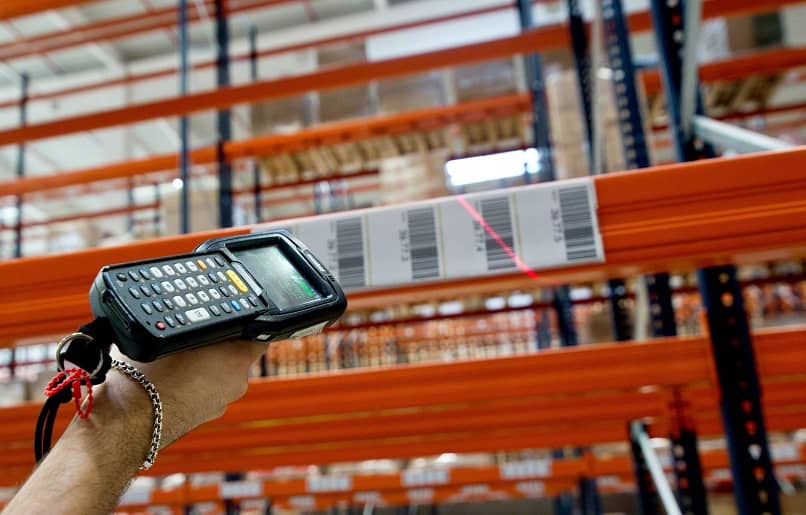
An inventory is the enumeration and description of all the goods in a company, with the purpose of marketing the products. Inventory control has its benefits, advantages and disadvantages; but for it to be effective we must define its policies and procedures.
It also refers to the raw material in existence, for the creation of new products, intermediate or in the process of being finished; which will be sold, in a period of time established by said company, to users.
But then, what method to use to carry an inventory? The first thing is to control both the output and the input of the items that are in the warehouse; it becomes necessary to establish a record in a methodical way to achieve success.
That’s where inventory control comes in; that is, keeping a list of the types of articles that come out the most, or which ones are stagnant and must be mobilized. Depending on the case, we can manage the inventory with the FIFO or LIFO method.
What are the points to take into account for inventory control?
Some aspects must be taken into account, such as ordering inventories, for example by ranges according to sales, the minimum or maximum amount of the product that the company has must also be defined, to sell and prevent an increase in the demand.

Likewise, it is important to establish the frequency, to carry out the inventory, that is, if it is going to be executed on a daily basis or permanent inventory, which although it is done with software, the physical one is also necessary to quickly verify if any merchandise is missing; or if it is every week, month, called periodic inventory.
What are the variables to consider in order to design an inventory policy?
There are several variables that must be considered to obtain our planning, for example the costs involved, on the place of the deposit and the personnel that works in this area, also, those who are in charge of purchases and what perishable items imply, that after expired they cannot be sold.
The quality of the service, that is to say, how much the company has fulfilled with the service that it has provided to the clients, as well as the perspective of the latter, in relation to what they can expect from the company.
Another variable to consider is the time it takes to replace the products so that they are available again, which depends on the inventory, the time of purchase, how long it takes for the distributor to dispatch; as well as how long it takes for the transport to arrive and finally incorporate it into the system.
Also the natural condition of the product, that is, its limitations in terms of repair, if they last a short time and if they can be consumed: also take into account the demand for the item, to place future orders.
We must know the limitations on the part of the distributor, that is, the conditions established prior to the order. Finally, it is advisable to know the difference between the absolute inventory and the net inventory, to avoid possible losses in the company’s accounting.
Inventory control policies and procedures in a company

-
The inventory valuation policy includes three methods: the FIFO, which says that the inventory that first entered must leave, then the LIFO, which is contrary to the FIFO, and the weighted average method, where they calculate the costs for each new purchase.
-
Keep inventory accounting, that is, update it, which can be periodic, once a month, three months or annually; while the perpetual in each purchase or sale.
-
A physical calculation of the inventory must also be carried out, the most common is to carry out a daily or weekly count of a group of merchandise, which prevents future fraud or theft.
We can conclude then, that keeping an inventory control of a company requires taking into account certain aspects and variables, which will facilitate this procedure; without wasting unnecessary time.